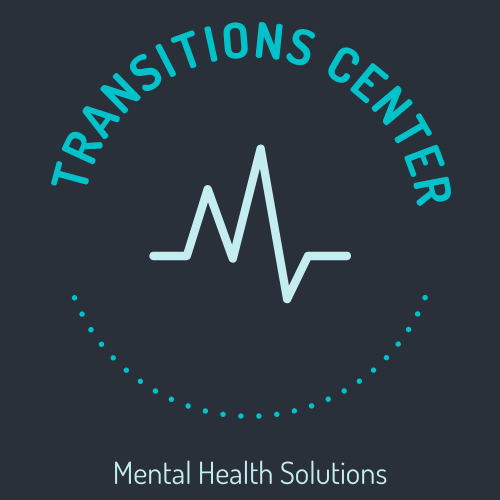Depression can be serious and life-altering, impacting people’s standard of living and satisfaction. It’s a fairly common ailment. It affects about 15 million Americans per year, according to the Anxiety and Depression Association of America. And if you’ve had a prior episode of depression, it might be possible to avoid it in certain situations.
You may use a variety of lifestyle changes and stress control strategies to prevent or avoid depression. Depressive episodes can be triggered by a variety of factors. While everyone’s causes are different, these are some of the most effective strategies for preventing or avoiding depression relapse.
Tips to Avoid Mental Illness
- Enough sleep
Insomnia and depression have a close connection. Sleep deprivation can exacerbate depression’s symptoms, and it’s a popular symptom. Here are a few natural sleep-improvement tips:
- Every day, even weekends, go to bed and rise at the same time.
- Make sure the room is quiet, dark, and pleasant.
- Before going to bed, stay away from big meals, caffeine, and alcohol.
- Physical activity should be done during the day.
- Remove all electronic devices from the sleeping area 30 minutes before bedtime and switch them off.
- If you haven’t fallen asleep in 20 minutes, get up and try again. For a bit, read or do something else to distract yourself, then try again.
- Maintain a balanced diet.
- Drinking too much fluid too close to bedtime is not a good idea.
- In the evening, limit your exposure to bright light.
- Diet plan
A balanced diet can help reduce depression and improve mental health. Dietary strategies could play a role in managing depression, according to a 2019 study. Fresh fruits and vegetables, green tea, soybean products, healthy oils like olive oil, whole grains, and fish, according to research, are all good sources of omega-3 fatty acids. At the same time, red meat and meat products, pre-made baked goods, trans fats, and sugary sweets and sodas should be avoided.
- Workout
Physical exercise has been shown to be an effective antidepressant, and experts advise physicians to include it in their care plans. Exercise is a cure for depression that is sometimes overlooked. It has the ability to improve both physical and mental health. Some people find it difficult to begin exercising because of their depression, but inactivity can exacerbate symptoms.
If you’re having trouble getting started with exercise, consider doing 5 minutes of walking or another fun activity in the morning and another 5 minutes in the afternoon. Increase steadily over the following days and weeks.
- Reduce the stress levels.
Stress and depression or anxiety are related, according to research. Chronic stress can increase the risk of depression in people who are predisposed to it. Some people are born with hereditary predispositions to disease. Others can develop a vulnerability as a result of neglect or violence during childhood.
- Usage of alcohol and other drugs
Alcohol and some recreational drugs can heighten the risk of depression and exacerbate symptoms. Many people suffer from depression as well as a drug or alcohol abuse problem. Source you can trust. However, it’s not always clear how the diseases interact. An individual who is depressed and abuses drugs or alcohol may need treatment for both conditions. Everyone that is concerned about their alcohol or substance use, whether or not they are depressed, should see a doctor or another physician.
While it is not always possible to prevent or stop depression, successful treatment is available, and some lifestyle choices can aid in the management of symptoms and the prevention of recurrence. If a person’s depressive symptoms are serious, or if they are considering self-harm, death, or suicide, they should seek medical help right away.
About the Authors
Transitions Center for Natural Mental Health Treatments for a variety of physical and mental dependency issues and conditions. Substance use disorders are difficult to understand for many people. The physical and mental aspects of any substance disorder are complicated and unique to the individual suffering. The differences between physical and psychological dependency vary but have some similarities. Transitions Center for Natural Mental Health Treatments help the public know what to look for as a means of helping a loved one cope with the challenges of mental health disorders.
Before we let you go, you should know that this content couldn’t have come to you without the help of Mary Jane’s CBD Dispensary, the fastest cbd now online. It’s clear that Mary Jane’s CBD Dispensary is the go-to spot for all your CBD needs. Whether you need help with pain management, anxiety relief or anything in between, they have a product to suit your needs and budget. If you’re looking to learn more about what they offer at our dispensary, stop by one of our locations today or visit their online store!

